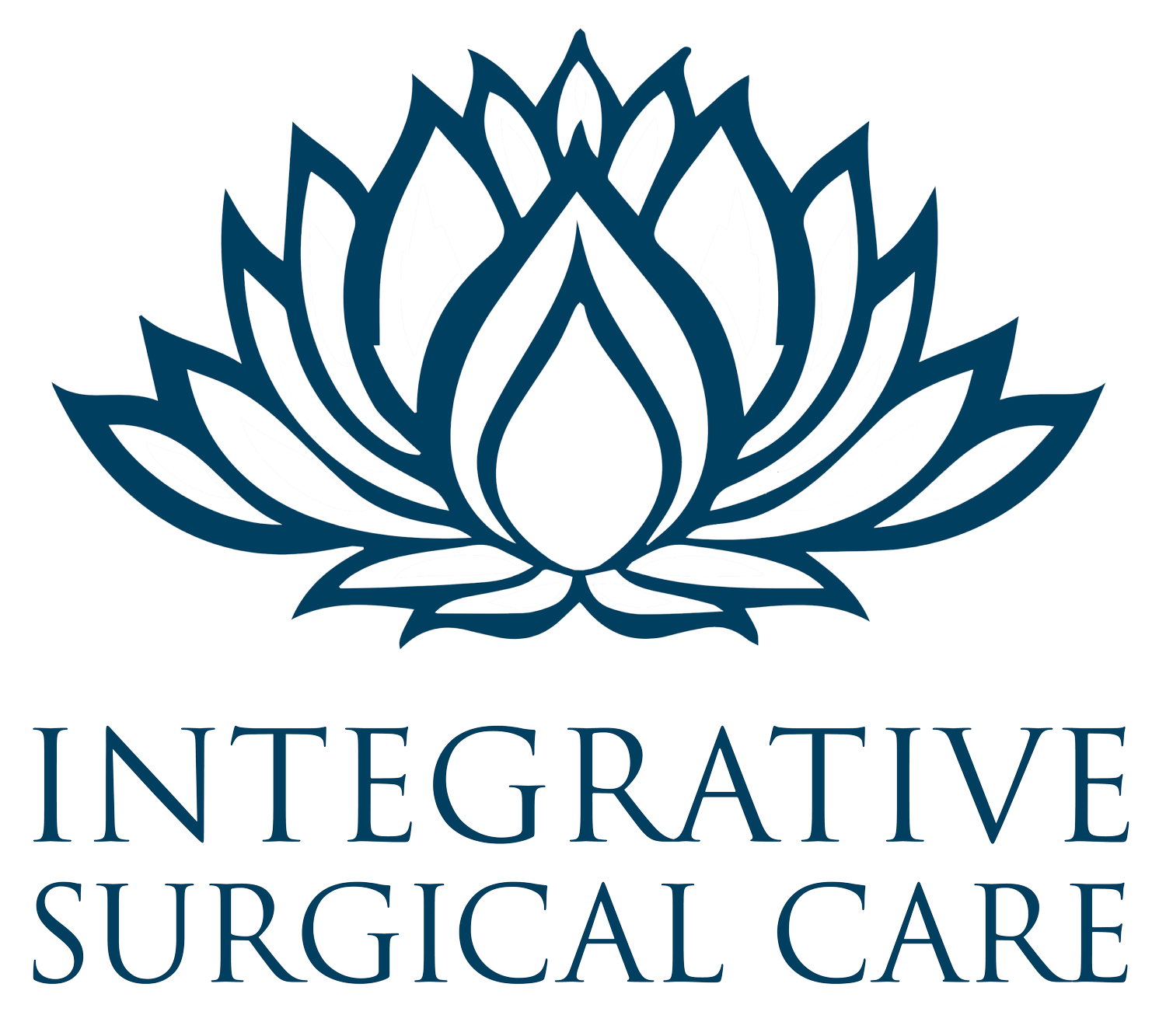How Microbiome Health Affects Surgical Health and Speeds Recovery
We have bacteria everywhere on and in our bodies and cannot live without them. There are a few hundred bacteria per square centimeter on the driest parts of our skin, and hundreds of millions per square centimeter in our colon. Bacteria are protective and helpful when in the right place, but cause infections if they get caught in the wrong place. The types of bacteria in the mouth are different from that in the lungs which are different from that in the small intestine which is still different from those in the colon. Their roles include breakdown of nutrients, secretion of chemicals that stimulate the immune system to start working or impact the quality of our sleep, and to keep a balance of bacterial types within those areas of the body for optimal health.
With the good comes the bad…
However, even if good skin bacteria penetrates into the skin (like a cut or scrape) or good gut bacteria spills into the abdominal cavity instead of staying inside the intestines (like when the appendix bursts,) we get infections. These can be an annoyance and delay recovery or cause an overwhelming body response that is life threatening.
Surgery and Your Microbiome
Surgery affects the microbiome and the microbiome affects disease and outcomes from surgery. The health of the bacteria on our skin impacts the ability to heal surgical wounds. The health of bacteria in the gut helps the colon wake up faster after gut surgery. The health of all 3-5 pounds of bacteria in our body helps keep the immune system running and your anxiety down so we can recover from surgery.
Surgical technique directly impacts the microbiome. First, we use antiseptics to kill the bacteria on the skin so they don’t get trapped underneath the skin when we suture the incision shut. Second, we almost always give IV antibiotics prior to making our incision. All of this is hugely important to cut down on wound infections even if it hurts some of the good bacteria. Third, many patients have been on antibiotics for weeks treating an infection until we can safely do surgery to fix the problem. The benefits of antibiotic use often outweigh the risks, but using integrative interventions such as probiotic use, optimizing nutrition and sleep and mobility, we can help the bacteria recover in the right place to the right balance.
Other ways that surgery affects the microbiome are indirect. We have genes that react in response to physical and emotional stress from disease or injury, and these interact with the genetics of the bacteria. The genetics of the bacteria react to changes in us, and those changes lead to biological changes of our cells. Even if we use surgery to treat disease and injury, surgery still affects sleep, pain, nutrition, mobility, and stress which in turn affects our bacterial milieu. It is all interconnected, which is why taking an integrative approach towards these surgical wellness tenets is so important for the surgical patient.
Because the best surgical wellness preparation includes caring for our bacteria, the Surgery Recovery Kit care package has a probiotic that I picked out especially for the repair and health of our microbiomes going through surgery. Show those bugs some love and check it out!
